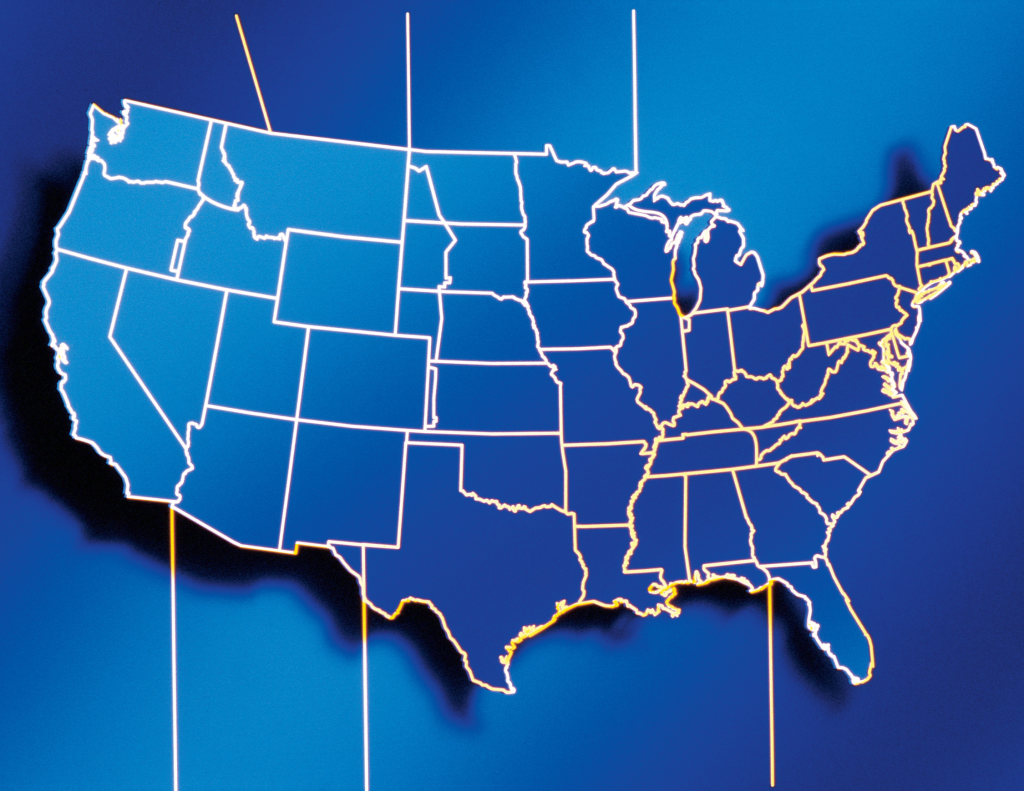Sales & Use
Tax Consulting

Since the landmark ruling in June 2018 by the U.S. Supreme Court in South Dakota v. Wayfair, Inc., sales and use taxes have become an increasingly important tax issue for all businesses. This ruling established an “economic presence” standard whereby a state may assess sales and use taxes on in-state sale transactions by an out-of-state business (or “remote seller”) once the business exceeds bright-line thresholds of business activity in the state. The economic presence thresholds in the case, which were adopted in large part by all 45 states which assess a sales tax, were $100,000 of sales or 200 transactions in a 12-month period. Once a business establishes either a physical presence or exceeds one of the new economic presence bright-line thresholds (often referred to as “establishing nexus”), the business becomes subject to sales tax in the state. As such, the business is required to register and file sales tax returns, collect and remit sales tax on taxable sales, and collect and maintain exemption certificates from customers to substantiate non-taxable sales.
Any company that makes sales to customers outside of their home business state must monitor their business activities in other states in order to determine when nexus has been established and the company becomes subject to state sales tax. Non-compliance for some businesses can result in substantial sales tax liabilities.
Apricus Business Consulting works closely with businesses to ensure compliance and assist with mitigating identified sales and use tax exposures.
Our sales tax consulting services include:
- Educating management about the sales and use tax process in the post-Wayfair environment.
- Identifying and monitoring the states in which the business has established nexus and a reporting requirement for sales taxes.
- Registering the business for sales tax in new states and localities.
- Consulting on the collection and maintenance of exemption and resale certificates.
- Researching the taxability of products and services.
- Resolving sales tax notices and inquiries from state tax agencies.
- Managing state tax audits.
- Consulting to improve and streamline the sales and use tax process for the business.
- Consulting on the selection of sales tax calculation software.
- Developing a process for accruing and reporting use taxes for business locations.
- Training internal employees (purchasing, accounts payable, accounting) on sales and use taxes.

